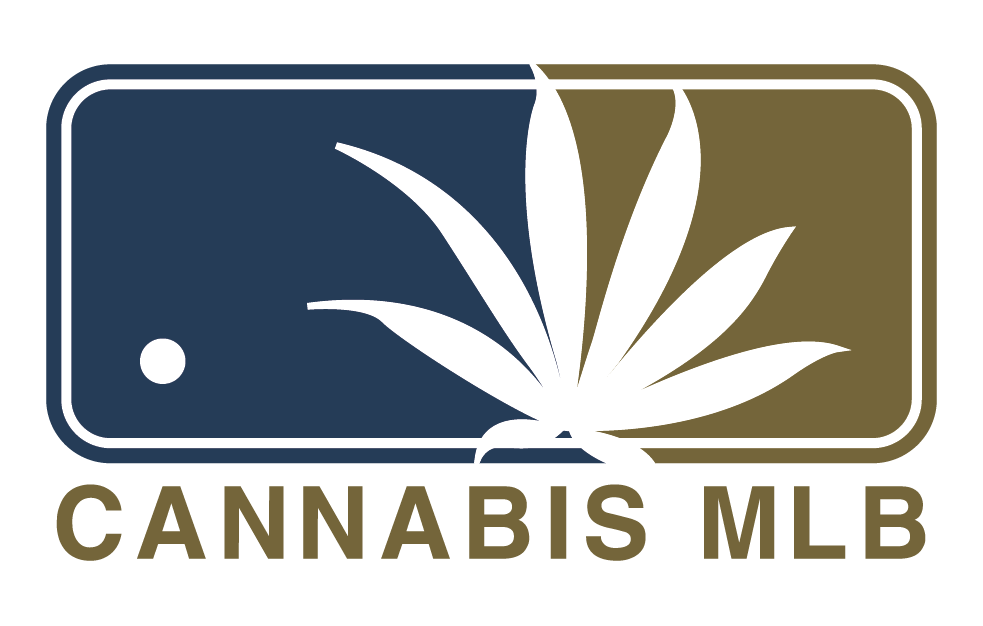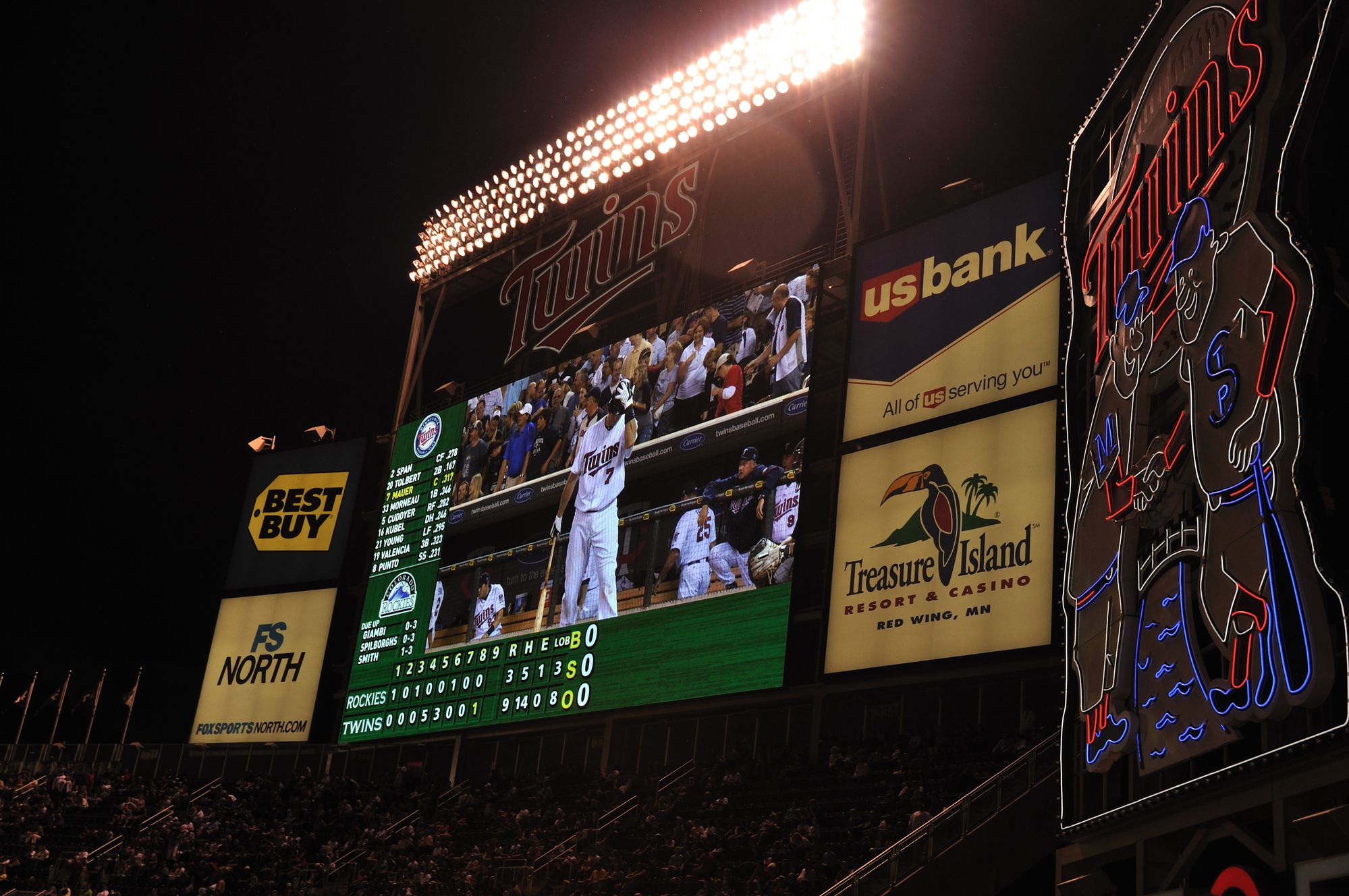When Major League Baseball updated its drug policy to remove marijuana and other natural cannabinoids from the “Drugs of Abuse” list, it didn’t just modernize the sport—it changed the everyday reality for hundreds of players grinding their way through the minor leagues. For decades, cannabis use could derail a young athlete’s career before it even started. Now, under MLB’s revised Joint Drug Prevention and Treatment Program, the league has taken a more progressive stance that focuses on health, treatment, and fairness.
From suspension to support
Prior to the policy change, minor leaguers faced strict penalties for marijuana use. A first positive test could result in a 25-game suspension, with harsher punishments for repeat offenses. For players already juggling low pay and high pressure, that system created fear and instability.
Today, cannabis use is no longer considered a punishable offense under the new framework—unless it impacts a player’s performance or professionalism. Instead of suspensions, MLB emphasizes treatment and education for players who test positive for opioids, synthetic drugs, or substances linked to dependency. The goal is to provide support rather than punishment, reflecting the league’s shift toward mental and physical wellness.
What’s different for minor league players
Freedom to choose relief options – With cannabis removed from the banned list, players can now explore legal cannabis or CBD products to manage pain, stress, and recovery. For minor leaguers who often lack access to elite medical care, this offers a practical alternative to prescription painkillers.
Behavior still matters – The new policy doesn’t give players a free pass. Being under the influence during practices or games remains prohibited, and local laws still apply. In states where cannabis remains illegal, players could still face legal trouble even if MLB no longer disciplines them internally.
Opioid crisis awareness – The reform came in response to several player overdose deaths, including former Los Angeles Angels pitcher Tyler Skaggs. MLB’s updated approach now includes routine testing for opioids and mandatory evaluation for players who test positive — a critical shift toward proactive care.
CBD is cautiously accepted – Many minor leaguers have turned to CBD for inflammation and recovery, but the league urges caution. Products must be verified THC-free and sourced from reliable manufacturers to avoid contamination. Despite legalization in many states, the league’s tolerance has limits to ensure player safety.
Sponsorships still off-limits – Although players can use cannabis products, they’re not allowed to endorse or invest in cannabis brands. MLB maintains a conservative stance on commercial relationships with the industry while cannabis remains federally classified as a Schedule I substance.
The bigger picture
MLB’s cannabis reform represents a significant cultural shift for professional baseball. It acknowledges that times — and science — have changed, recognizing cannabis as a potential tool for wellness rather than a threat to performance. For minor league players, who often face unique economic and physical challenges, this new policy offers breathing room and a chance to take control of their own health choices.
Still, as state and federal laws evolve, the policy will likely continue to adapt. The hope among players and advocates is that baseball’s approach can serve as a model — one that treats athletes as people first and recognizes that progress in sports often mirrors progress in society itself.

